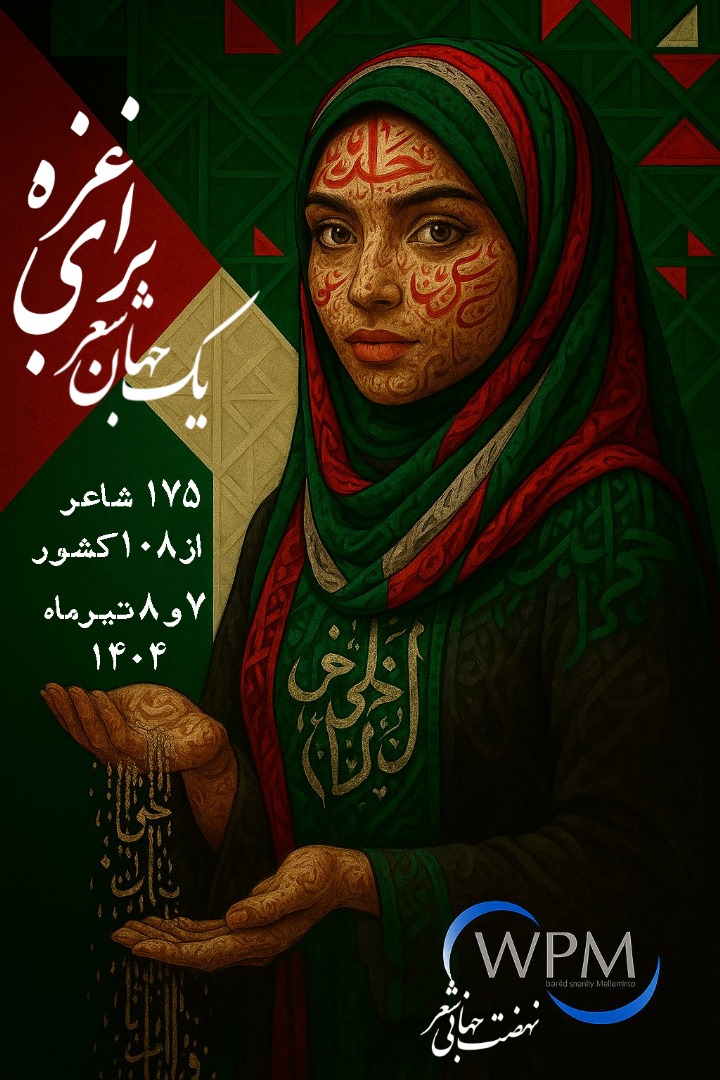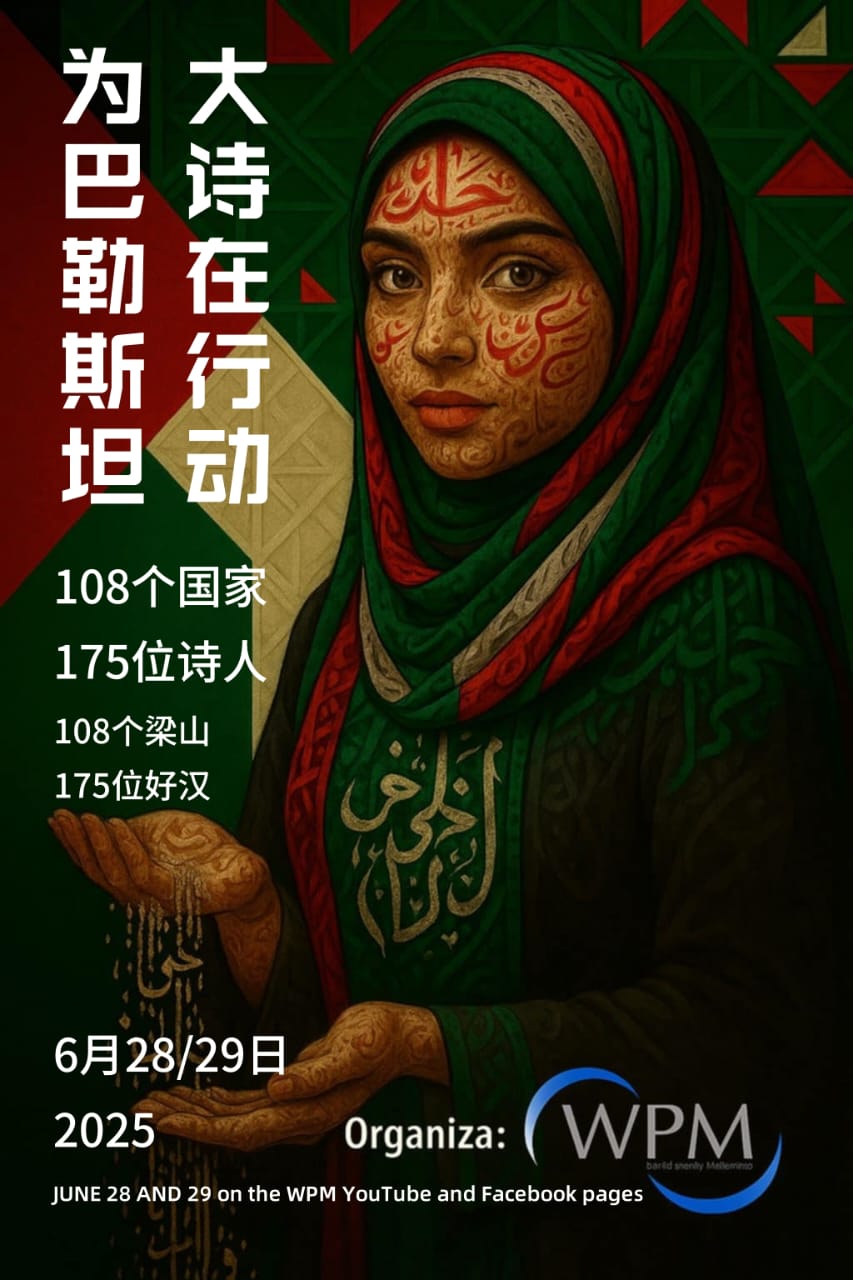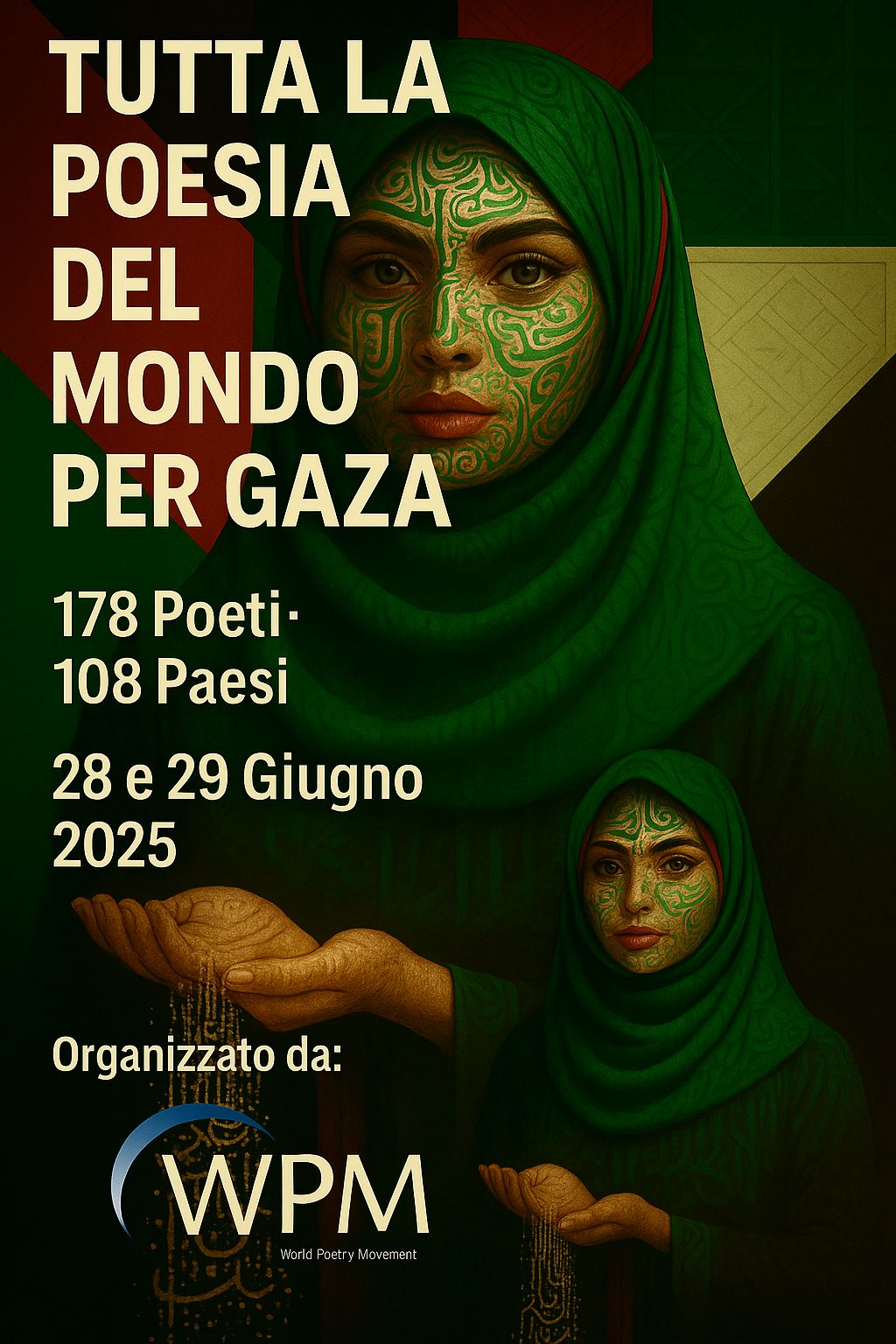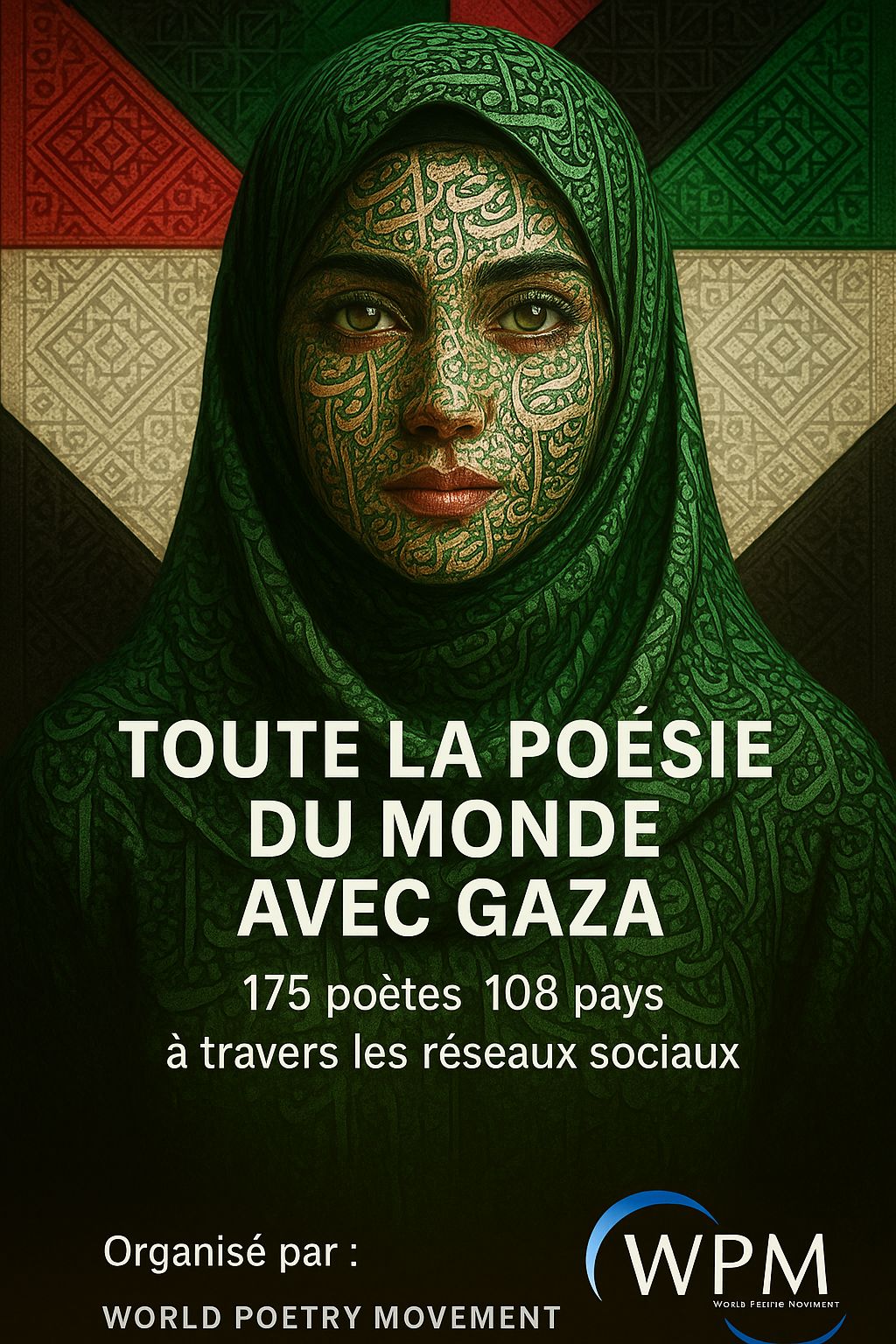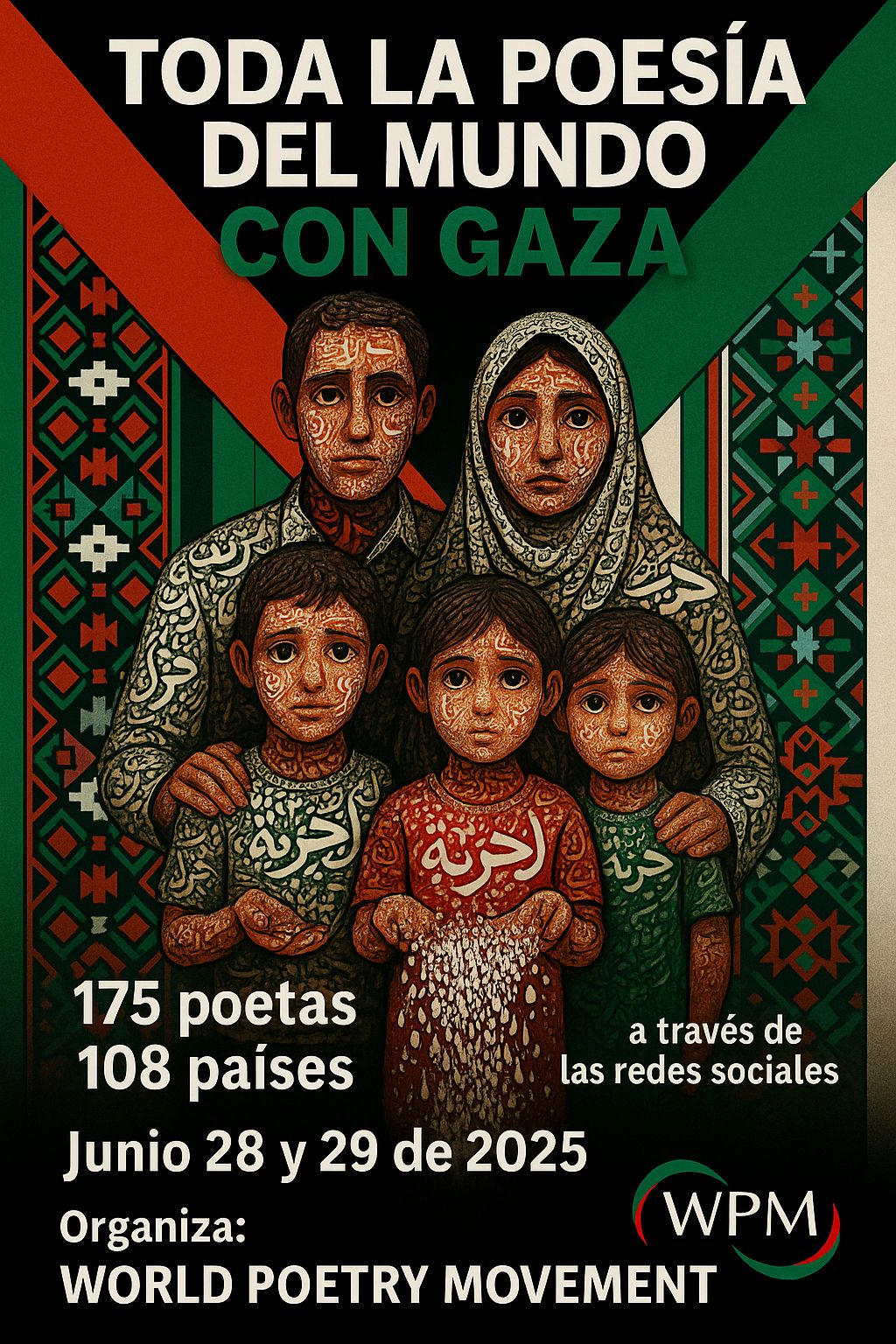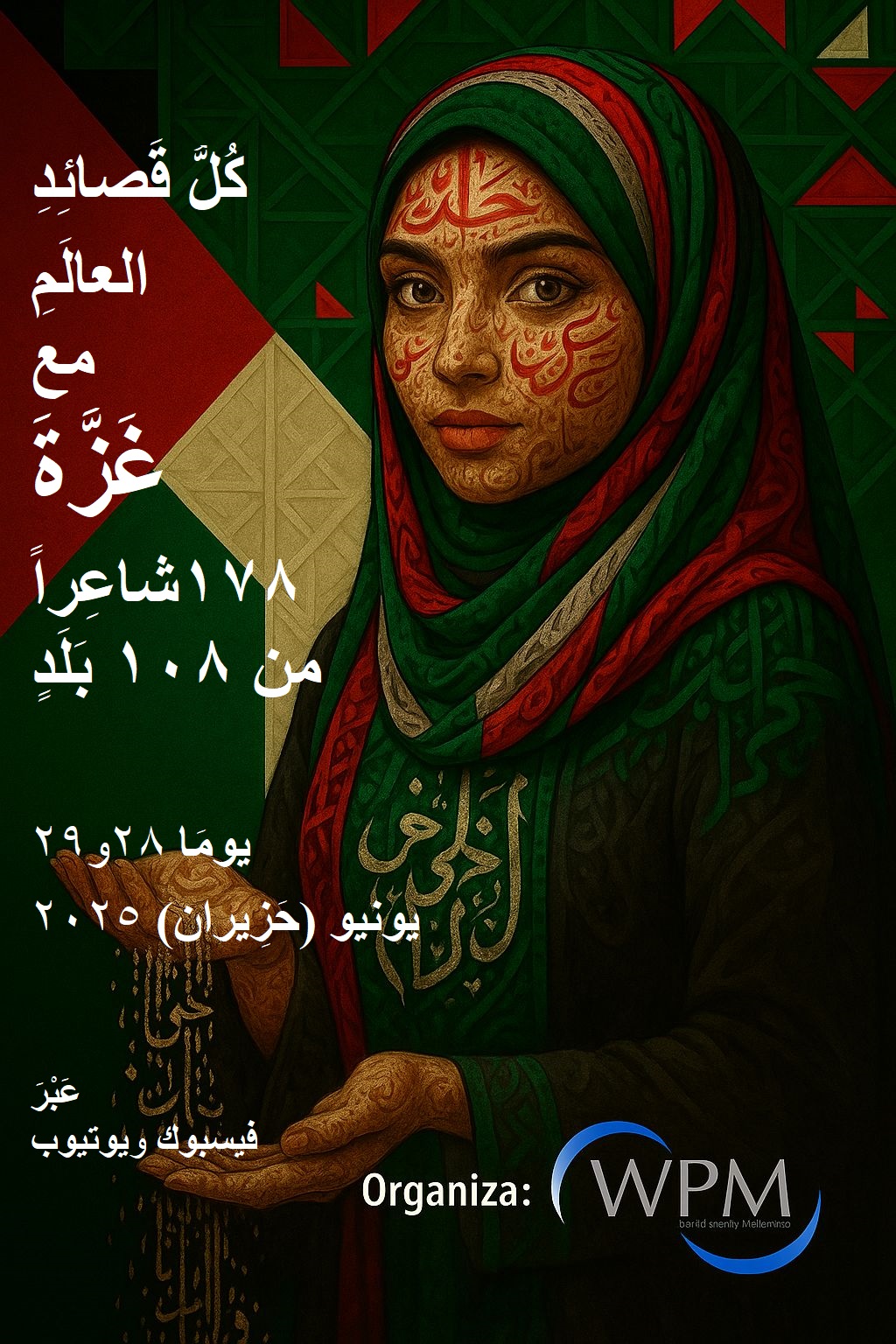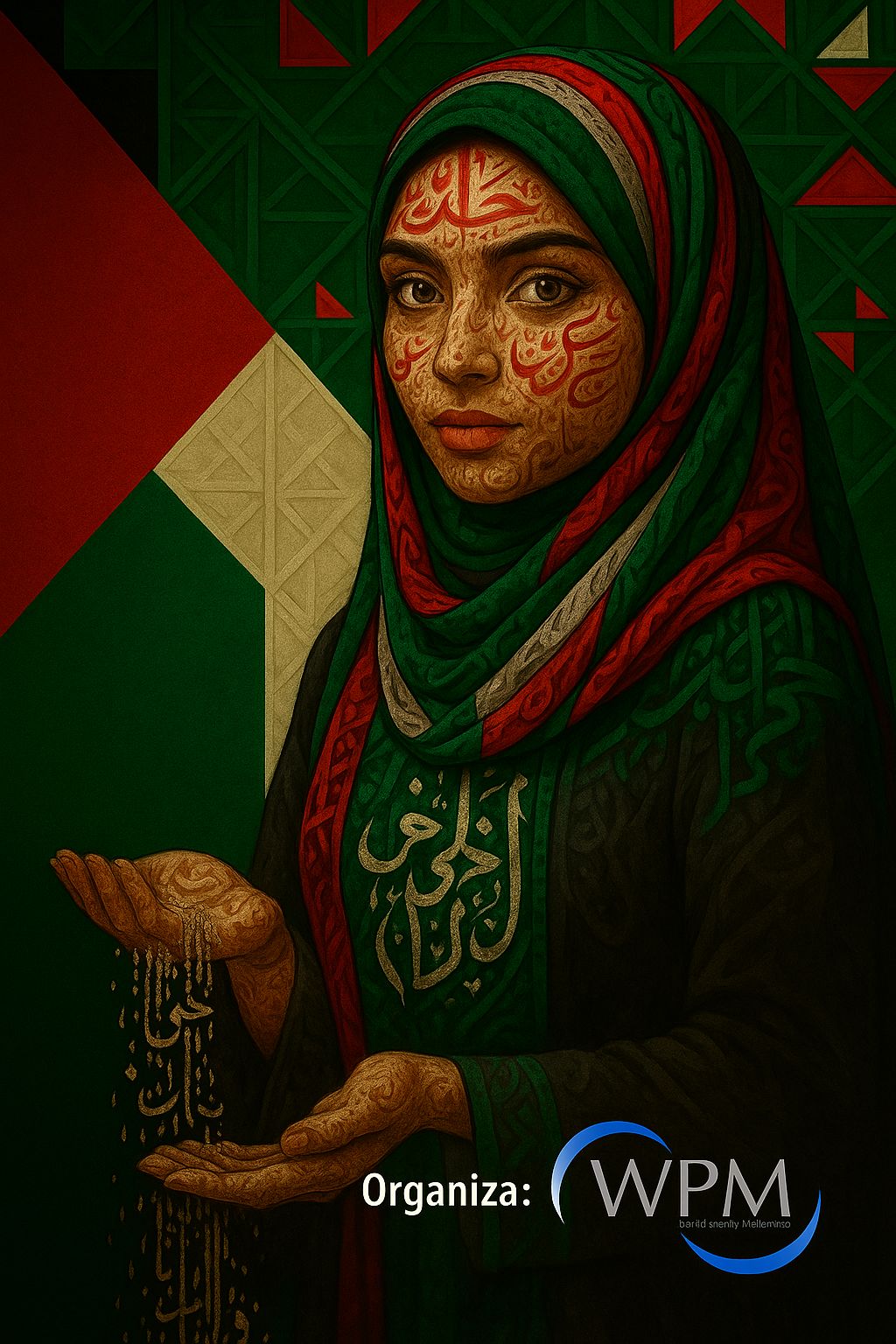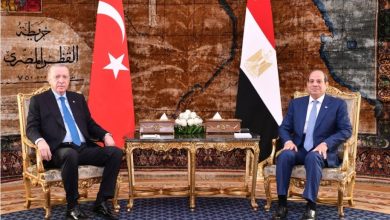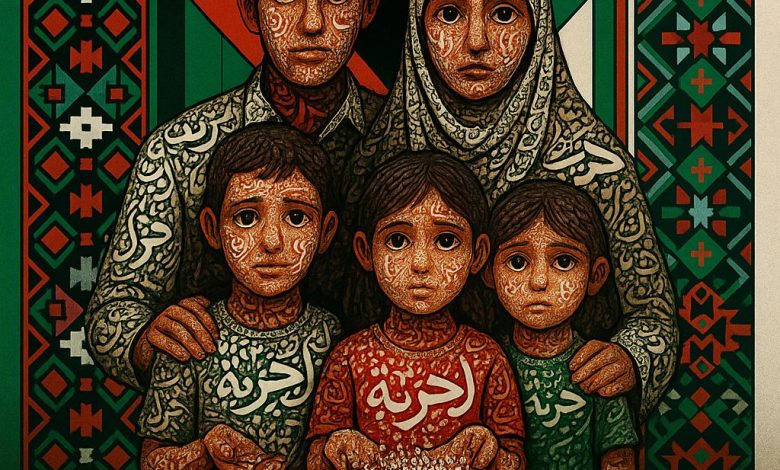
The history of civilizations is embodied and synthesized in Gaza, since the West seems to believe that being civilized means invading another country with troops for pleasure, incinerating its inhabitants, preferably children in nurseries and daycare centers, in order to appropriate the land and wealth of their ancestors.
The invasion of Gaza is the negation of the spiritual and cultural accumulation of human ages, assuming that the world has taken note of the values into which their experiences and reflections on our prolonged stay on earth have been translated.
Peoples are always resisting the invader. The invaders, while plundering, are thinking of new lands and resources. This was the case in primitive communities, when barbarian clans stalked harvests to ruin the celebrations of other clans, stripping them of the fruits of their labor.
The powerful cut short the massive celebrations of the peoples, the happiness of millions of workers who have created the visible and invisible wealth that makes up capital, and of the peasants who have sown the land and reaped the fruits of history. In this way, the drive of evil persists and prevails. It is through violence that a bestial inclination becomes the law of dispossession and annihilation that victimizes and sacrifices new peoples on the altar of catastrophe, before the passive complicity of the world.
Barbarism shapes the daily reality of death, which the peoples do not accept. Again and again, they go against it, out of love, to fight, to resist, to sacrifice. This is poetry. In Gaza, the great poetry of the world is revealed.
It is the same scene transposed across all lands, across all times: acts of oppression are repeated, and indomitable resistance is reiterated, the great expression of poetry that is the struggle of peoples since time immemorial.
FR

